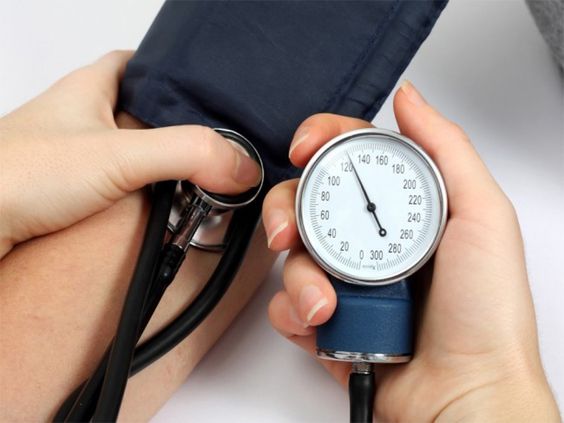Introduction
Low blood pressure, also known as hypotension, occurs when your blood pressure reading is significantly lower than the normal range. While blood pressure is typically viewed as a health concern when it's high, having blood pressure that's too low can also cause problems. A normal blood pressure reading is typically around 120/80 millimeters of mercury (mm Hg). Hypotension is generally defined as blood pressure lower than 90/60 mm Hg.

Low blood pressure isn't always a cause for concern. Many people experience consistently lower blood pressure without any noticeable symptoms. In fact, some individuals with low blood pressure may experience increased energy levels and overall well-being. However, for others, low blood pressure can lead to dizziness, fainting, fatigue, and in severe cases, shock.
Causes of Low Blood Pressure
Hypotension can arise from a variety of factors, including:
- Dehydration: Inadequate fluid intake can lead to a drop in blood volume, causing blood pressure to decrease.
- Medications: Certain medications, such as diuretics, beta-blockers, and antidepressants, can sometimes cause low blood pressure as a side effect.
- Heart Conditions: Underlying heart problems like bradycardia (slow heart rate) or heart valve issues can contribute to low blood pressure.
- Endocrine Disorders: Conditions that affect hormone levels, such as Addison's disease or thyroid disease, can also lead to hypotension.
Symptoms of Low Blood Pressure
Many people with low blood pressure don't experience any noticeable symptoms. However, when symptoms do occur, they may include:
- Dizziness or Lightheadedness: This is often a common symptom, particularly when standing up quickly.
- Fainting (Syncope): Severe drops in blood pressure can cause a brief loss of consciousness.
- Fatigue: Low blood pressure can lead to feelings of tiredness and weakness.
- Blurred Vision: Inadequate blood flow to the brain can sometimes result in blurry or distorted vision.
- Nausea: Some individuals may experience nausea or a feeling of unease.
When to Seek Medical Attention
If you frequently experience symptoms of low blood pressure, it's crucial to consult with a healthcare professional. They can assess your overall health, identify potential causes, and recommend appropriate management strategies.

.jpg)